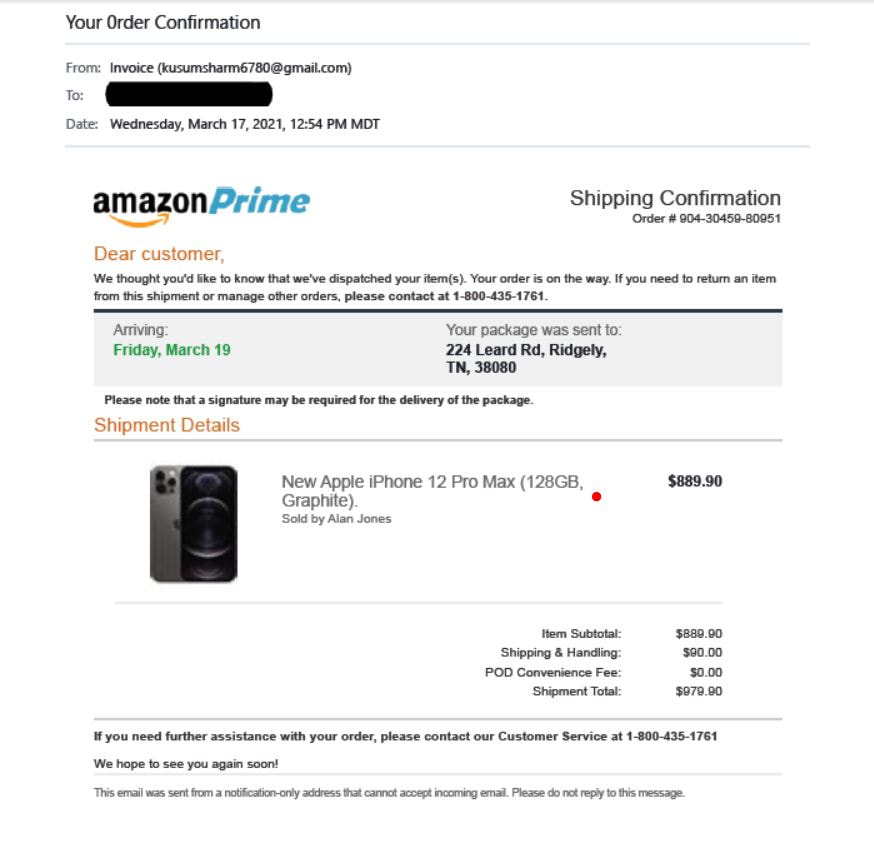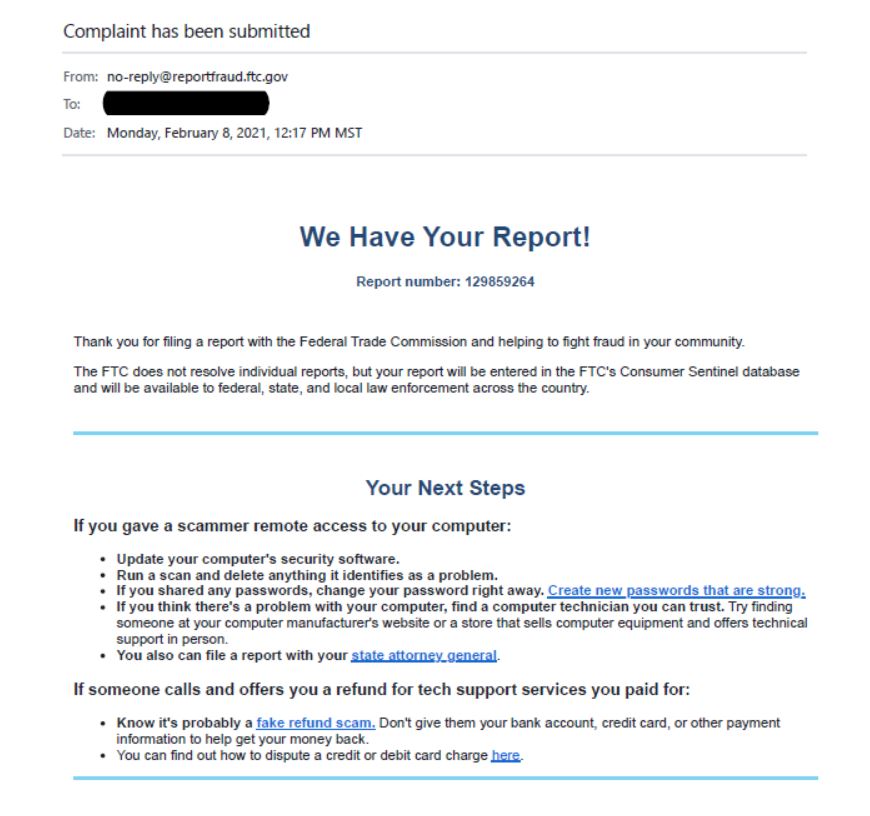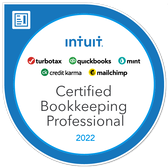In the browser world, between Google Chrome, Mozilla Firefox and Microsoft Edge, Edge wins out with over 99% success rate in preventing phising sites. Of course, there is no mention of Safari (Apple Mac) and other browsers like Opera, Brave, Ecosia. No matter, you'll still encounter the big three somewhere in your browsing/surfing experience. Here is an indepth article about Phishing sites. Read. You have been informed.
blog.emsisoft.com/en/32351/how-to-prevent-phishing-attacks/
blog.emsisoft.com/en/32351/how-to-prevent-phishing-attacks/








 RSS Feed
RSS Feed
